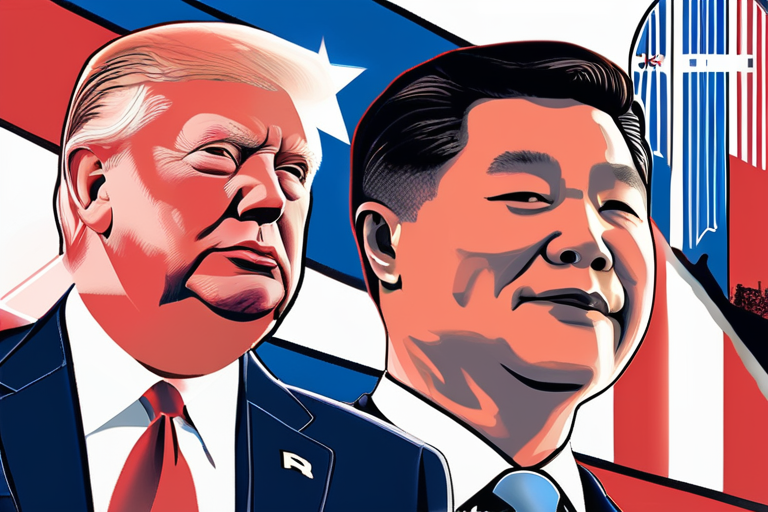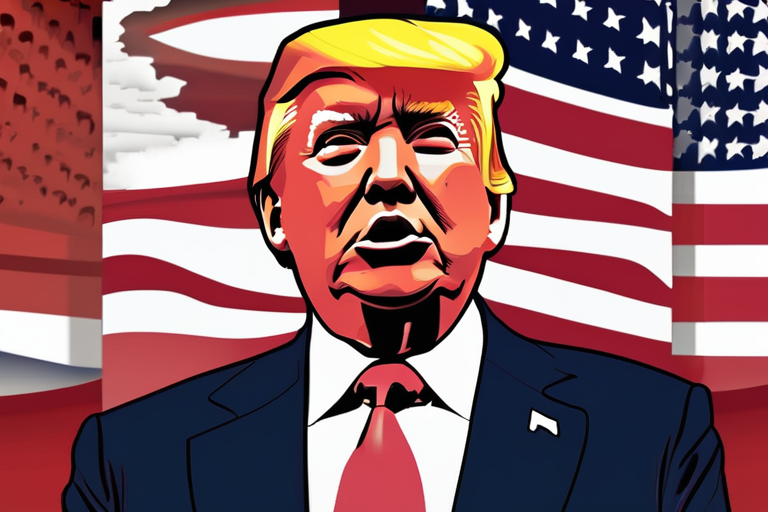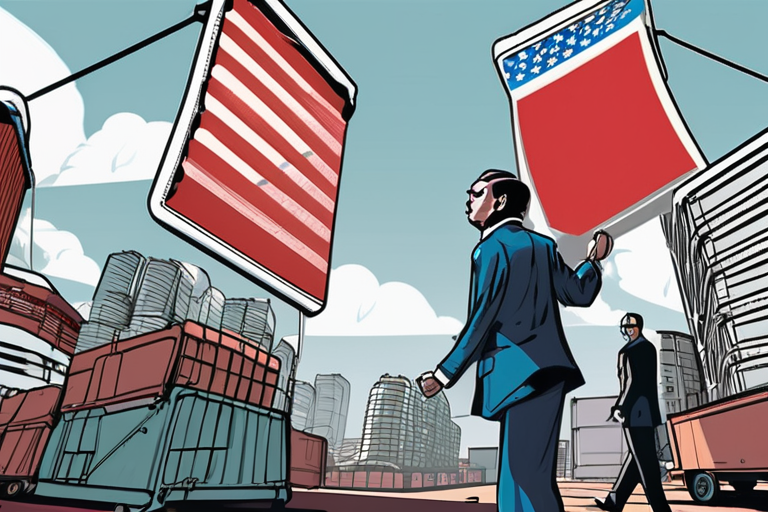Ford CEO Sounds Alarm: US Lags Behind China in Blue-Collar Industry Competitiveness


Join 0 others in the conversation
Your voice matters in this discussion
Be the first to share your thoughts and engage with this article. Your perspective matters!
Discover articles from our community

 Hoppi
Hoppi

 Hoppi
Hoppi

 Hoppi
Hoppi

 Hoppi
Hoppi

 Hoppi
Hoppi

 Hoppi
Hoppi

China's Auto Industry Hits a Roadblock: A Tale of Government Policies Gone Wrong BEIJING, China - In a shocking turn …

Hoppi

Trump's Tariffs Spur Japanese Companies to Shift Production to the U.S. The imposition of tariffs by President Donald Trump is …

Hoppi

China Road Trip Exposes List of Uninvestable Assets in the West As we stepped off the plane in Shanghai, a …

Hoppi

Trump's Tariffs Spur Japanese Companies to Shift Production to U.S., Data Shows The Trump administration's tariffs on imported goods are …

Hoppi

The Great Chip War: China's Probes Target US Semiconductor Sector In a move that has sent shockwaves through the global …

Hoppi

Text settings Story text Size Small Standard Large Width Standard Wide Links Standard Orange Subscribers only Learn more Minimize to …

Hoppi